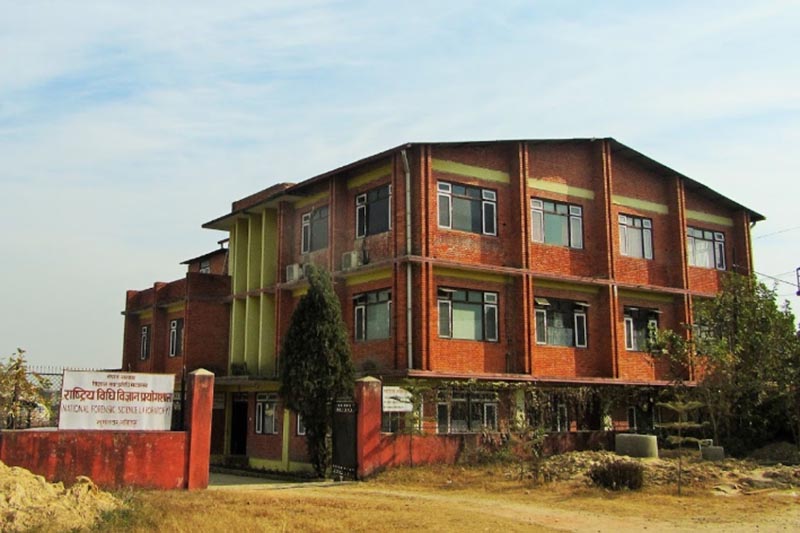Government forms new team to re-examine Nirmala’s DNA sample
The probe committee, which does not include any police personnel as in other panels, given 15 days to submit its report
Kathmandu, September 24
The Ministry of Home Affairs has formed a new technical team to study the DNA sample collected from the vaginal swab of 13-year-old Nirmala Panta of Kanchanpur district, who was raped and murdered on July 26 last year.
The new technical team is led by DNA expert Jeevan Rijal, former executive director of the National Forensic Science Laboratory at Khumaltar, and does not include police personnel as in many committees formed in the past.
Rijal confirmed that he was given the responsibility of conducting fresh investigation into Nirmala’s DNA sample about seven days ago.
“We are looking at different options to obtain best results,” Rijal told THT. The probe committee has been given 15 days to submit its findings.
The technical probe team was formed as part of the regular investigation process, according to Home Ministry Spokesperson Ram Krishna Subedi.
“The team of forensic experts will help us gain insight into the case,” said Subedi.
The Central Police Forensic Science Laboratory of Nepal Police had previously studied the DNA sample collected from the vaginal swab of Nirmala. Its report had confirmed presence of male DNA in the vaginal sample. However, it had said the volume of the male DNA sample was ‘too small and highly degraded’, implying it would be very difficult to pin down the perpetrators.
Later, a probe committee formed by the National Human Rights Commission had identified lapses in the investigation conducted by police. It said police had extracted only the male Y-STR chromosome from the sample, which can be common to people not only from the same lineage but also among people across cultures. It recommended that Autosomal STR chromosome be extracted from the sample. Autosomal STR chromosome, according to the NHRC report, is unique to every individual, which eases the process of pinning down perpetrators.
After the NHRC’s report was made public, Rijal had said there were still possibilities of identifying perpetrators using the DNA sample collected by police.
As police started facing criticism from various sectors and experts such as Rijal for their incompetence, the Central Investigation Bureau of Nepal Police had initiated the process of sending Nirmala’s DNA sample to foreign laboratories. But it has not sent the sample so far.






